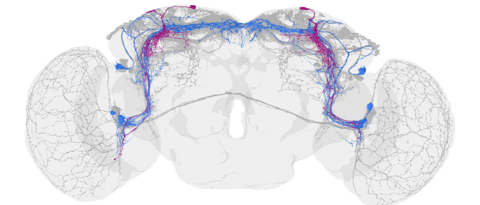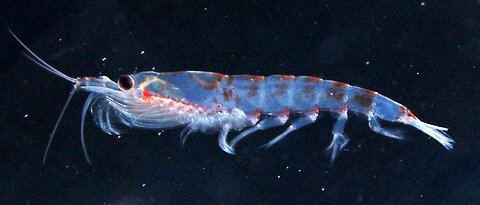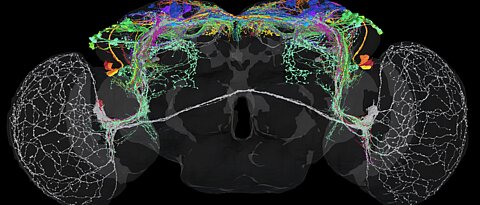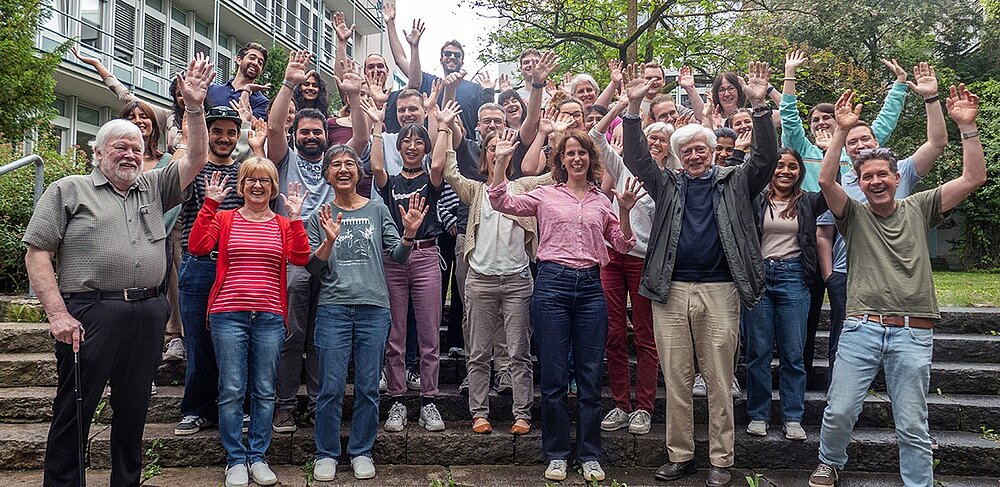The Minimal Circuit of the Circadian Clock
10/29/2025
A tiny neural network is sufficient to control the daily rhythm of the fruit fly, Drosophila melanogaster. Researchers at the University of Würzburg have shown that only four specialized nerve cells are necessary to drive the animals' endogenous clock.
more

















